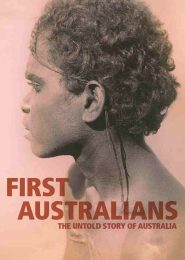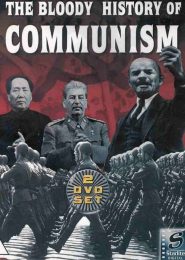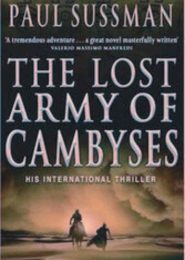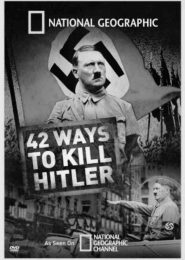The Making of Modern Britain (2009)
The Making of Modern Britain is a compelling BBC documentary series presented by Andrew Marr that delves into the transformative years of British history from the demise of Queen Victoria to the conclusion of World War II. This six-part series, which aired in 2009, serves as a sequel to Marr’s 2007 series “Andrew Marr’s History of Modern Britain.”
The documentary begins with “A New Dawn,” where Marr paints a vivid picture of Britain at the turn of the 20th century, a nation in mourning for Queen Victoria and embroiled in the Boer War. The era is characterized by the burgeoning pleasures of music halls and a growing concern over the physical and moral fortitude of the working class. Marr explores the political power struggles of the time, notably between David Lloyd George and Joseph Chamberlain, the fervent women’s suffrage movement, and the historic meeting of Mr. Rolls with Mr. Royce.
As the series progresses, it captures the escalating tensions leading to World War I in “Road to War.” The suffragette campaign intensifies, Ireland’s quest for independence is proposed, and the working class, including dockers and miners, strike for better conditions and wages. The period also witnesses technological advancements in aviation and cinema, with future Hollywood icons Charlie Chaplin and Stan Laurel touring Britain. The assassination of Archduke Franz Ferdinand in Sarajevo is a pivotal moment that precipitates war, and Marr details the ensuing political conflict involving Lloyd George and his former ally, Winston Churchill.
“The Great War” episode focuses on the impact of World War I, highlighting Lord Kitchener’s volunteer army and the German gun-boat attacks on England’s northeast coast. Marr also touches upon the mysterious disappearance of John Fisher, First Sea Lord, and a sex scandal that threatens the British establishment. The trenches of Flanders are visited, revealing the dire conditions and dark humor among soldiers. Back home, the British populace works tirelessly for the war effort.
In the aftermath of the war, “Having a Ball” depicts a nation striving to fulfill Lloyd George’s promise of “Homes Fit For Heroes,” leading to a housing boom and the birth of radio broadcasting, including the establishment of the BBC. The episode also covers Michael Collins’ negotiations with Lloyd George over Ireland, resulting in the founding of the Irish Free State, which remains within the British Commonwealth. This outcome, however, leads to a civil war, and Lloyd George finds himself embroiled in a cash-for-honours scandal.
Throughout the series, Marr’s narrative weaves together the social, political, and cultural threads that shaped modern Britain. He brings to life the stories of influential figures and ordinary citizens alike, whose collective experiences forged the nation’s identity during a period of profound change and upheaval.




